Posted on: 11/29/2024
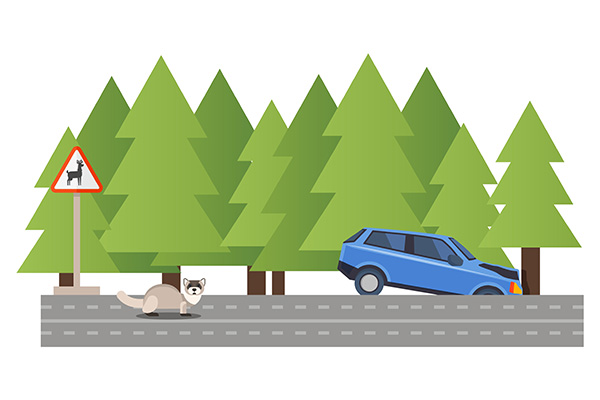
Animal collisions are a real concern, especially if you often drive through rural areas or places where wildlife frequently crosses the road. Striking an animal can be distressing, costly, and dangerous, and knowing how to reduce the risk is important. Luckily, with some proactive measures, you can significantly decrease your chances of encountering an animal-related accident. 1. Stay Alert, Especially at Dawn and Dusk Many animals, particularly deer, are most active around dawn and dusk. These are times when visibility is also challenging for drivers, creating a perfect storm for collisions. By staying vigilant during these hours, you can be better prepared to react quickly if an animal suddenly appears in your path. Remember that animals can appear quickly, often from wooded areas or tall grass alongside the road, so keep a close watch on both sides of the roadway. 2. Use Your High Beams Wisely High beams can be an effective tool for spotting ani ... read more
Posted on: 10/31/2024
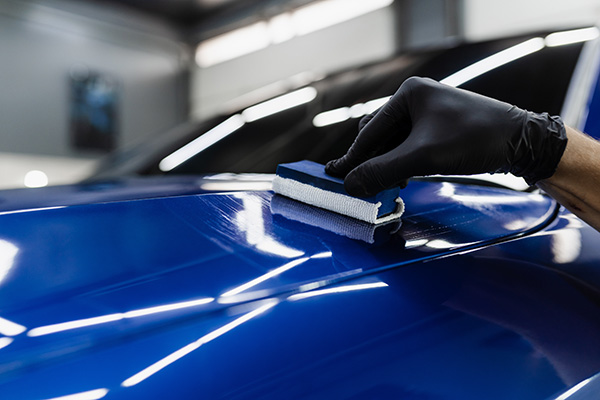
You’ve likely heard about ceramic coatings, especially if you’re someone who values keeping their car looking pristine. It’s often marketed as the ultimate solution for paint protection, offering a glossy finish while safeguarding your car from environmental elements. But can ceramic coating really prevent scratches and UV damage? We'll explain what this coating can actually do for your vehicle and where its limitations lie. What is Ceramic Coating? Ceramic coating is a liquid polymer that is applied to the exterior of a vehicle. It chemically bonds with the factory paint, creating a protective layer that can repel dirt, water, and other contaminants. Unlike traditional wax, which wears off after a few washes, ceramic coatings are much more durable and can last for several years when properly maintained. They give your vehicle a high-gloss shine and help preserve the paint, but what about preventing scratches and UV damage? Does Ceramic ... read more
Posted on: 9/27/2024
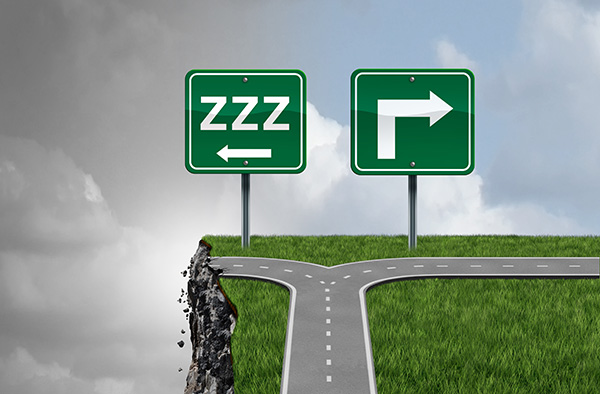
Drowsy driving is an often overlooked but serious risk on the road. Many of us think of texting, speeding, or driving under the influence when it comes to dangerous behaviors behind the wheel, but driving while tired can be just as serious. While the effects of drowsy driving may not be as widely discussed, they are very real—and they can happen to anyone. Falling asleep at the wheel is not only a threat to your safety but also to the lives of others around you. So why is drowsy driving such a significant hazard, and how can we take steps to prevent it? Why Drowsy Driving Is So Dangerous When you’re tired, your reaction times slow down. Your ability to make quick decisions, assess situations, and remain alert diminishes with every mile you drive. This is where the danger lies. Even a split second of delayed reaction can be the difference between avoiding an accide ... read more
Posted on: 8/30/2024
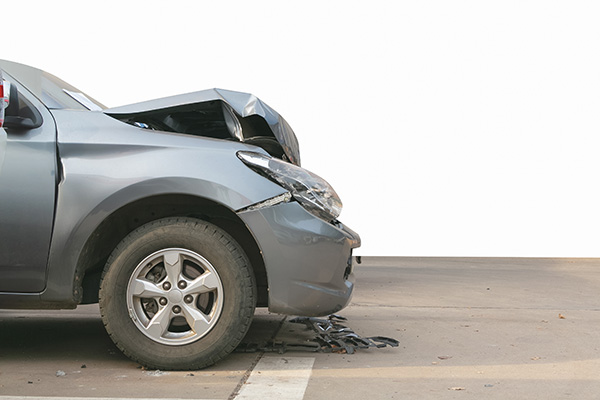
Accidents are unexpected and stressful, leaving you with an array of immediate decisions to make. Among these, deciding whether to drive your vehicle or call a tow truck can be crucial. After all, the safety of both you and your car depends on making the right call. These are the considerations you should take into account after a collision to determine the best course of action. Assessing the Damage When you're involved in a collision, the first step is to thoroughly assess the damage to your vehicle. This assessment goes beyond just a quick glance at the exterior. You need to look for both visible and hidden damages that might compromise the safety and functionality of your car. Begin with a visual inspection, checking for obvious issues like: Fluid Leaks Any fluids leaking from your car, be it oil, coolant, or transmission fluid, can indicate serious internal damage. Driving with such leaks can further harm your engine and other components, n ... read more
Posted on: 7/26/2024
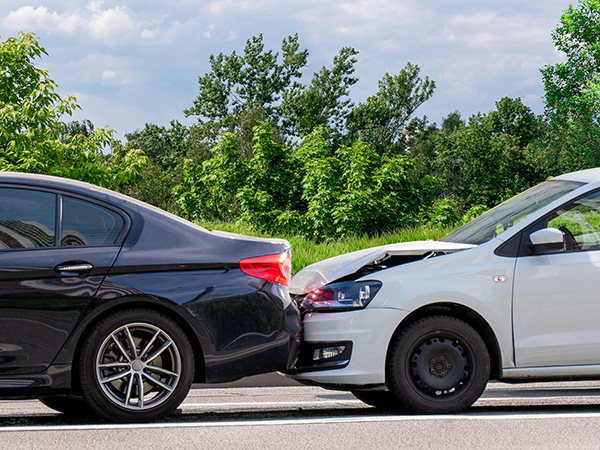
Car accidents are an unfortunate reality on American roads. They cause injuries, loss of life, and significant property damage, affecting countless families every year. Understanding the common causes of car accidents can help drivers become more aware and take necessary precautions to stay safe. So, what are the top reasons these incidents occur? Let's explore the ten most common causes of car accidents in the US. 1. Distracted Driving Distracted driving is the leading cause of car accidents in the United States. With the rise of smartphones, many drivers find it difficult to resist the temptation of checking messages, emails, or social media. Even tasks like adjusting the radio, eating, or using a navigation system can divert attention from the road. When a driver's focus shifts from driving, even for a few seconds, it can lead to catastrophic consequences. It's crucial to always keep your eyes on the road and your hands on the wheel. 2. Speedi ... read more
Posted on: 6/28/2024
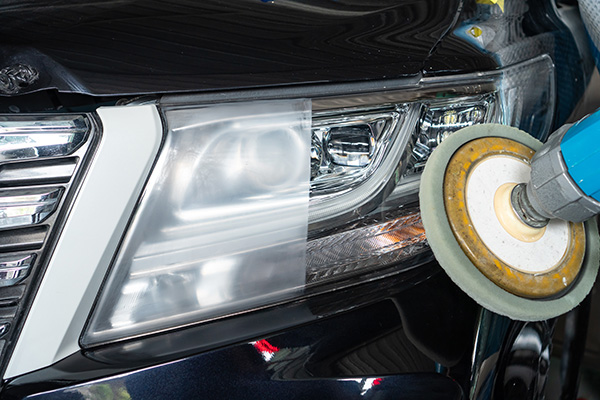
Driving at night presents unique challenges, and one of the most critical aspects of safe night driving is having clear, bright headlights. Over time, headlights can become cloudy, yellowed, or foggy, significantly reducing their effectiveness. This isn't just a cosmetic issue; it directly impacts your safety on the road. Let's explore what makes headlight restoration essential for safer night driving. Why Headlights Deteriorate Over Time Most modern headlights are made from polycarbonate plastic, which is durable but prone to degradation from exposure to the elements. UV rays from the sun, pollution, road debris, and chemicals can cause the outer layer of the headlight to become oxidized and hazy. This reduces the light output and makes your vehicle look aged and poorly maintained. The Importance of Clear Headlights for Night Driving Clear headlights are crucial for safe night driving. They ensure maximum visibility, allowing you to see th ... read more
Posted on: 5/27/2024
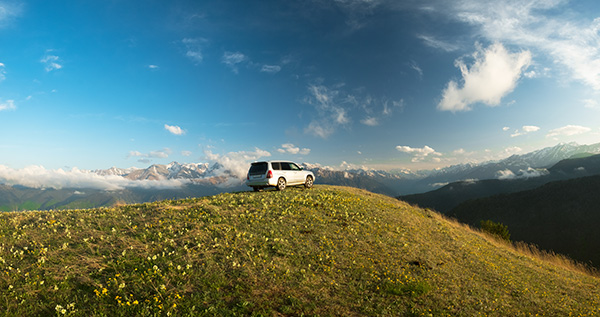
Have you ever considered swapping out tires on your Subaru with ones of different sizes or tread patterns? While it may seem harmless, mismatching tires can significantly affect your vehicle's performance, safety, and longevity. We'll explain why mismatching tires on your Subaru is a bad idea and the potential risks associated with this practice. The Importance of Uniformity Subaru vehicles are meticulously engineered to operate optimally with tires that are all the same size, tread pattern, and level of wear. This uniformity ensures that the vehicle's Symmetrical All-Wheel Drive (AWD) system functions as intended, distributing power evenly to all four wheels and maintaining optimal traction in various driving conditions. Mismatching tires disrupt this balance, leading to uneven power distribution, compromised handling, and increased strain on the drivetrain components. Impact on Handling and Stability Mismatched tires can have a profou ... read more
Posted on: 4/26/2024
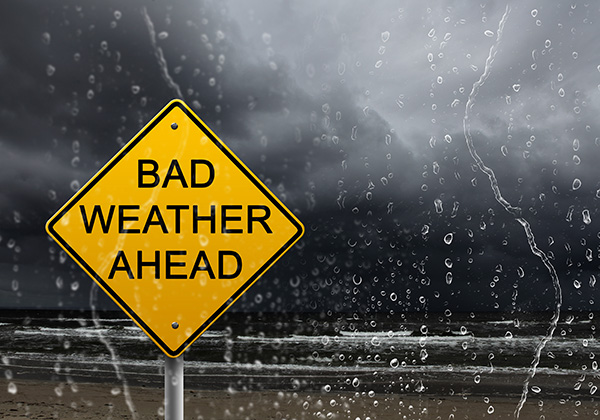
Living in Florida has perks, from beautiful beaches to warm weather year-round. However, residents also face the challenge of severe weather, including hailstorms. These sudden and intense storms can wreak havoc on vehicles, causing significant damage to unprotected cars. What Makes Them Dangerous Hailstorms occur when strong updrafts in thunderstorms carry raindrops high into freezing layers of the atmosphere, where they form into hailstones. These frozen pellets can vary in size, ranging from small pea-sized hail to larger, more destructive stones the size of golf balls or even baseballs. When these hailstones plummet to the ground, they can strike vehicles with considerable force, denting metal panels and shattering glass, causing extensive damage to the exterior of cars. Tips for Protecting Your CarSeek Shelter Whenever Possible The best way to protect your car from hail damage is to keep it covered or enclosed during a storm ... read more
Posted on: 3/31/2024
.jpeg)
Parking may seem like a mundane aspect of driving, but it's where many accidents and fender benders occur. Whether you're maneuvering into a tight spot in a crowded lot or navigating through narrow streets, the risk of scraping a bumper or denting a fender is ever-present. 1. Choose Your Parking Spot Wisely The first step in avoiding parking accidents is to select a suitable parking spot. Look for well-lit areas with ample space and minimal obstructions. Avoid parking near high-traffic zones, blind corners, or tight spaces where maneuvering may be challenging. Opting for a spot away from other vehicles reduces the risk of door dings and side-swiping accidents. 2. Take Your Time Rushing to find a parking spot or hurrying through a parking maneuver increases the likelihood of accidents. Take your time when entering or exiting parking spaces, and use caution when maneuvering around obstacles. Utilize your mirrors and rear view camera to assess ... read more
Posted on: 2/29/2024
.jpeg)
You might have noticed those unsightly patches of reddish-brown discoloration on your car, often lurking around dented areas or scratches. Rust, the notorious nemesis of metal surfaces, can be more than just an eyesore; it can compromise the structural integrity of your vehicle. How does body damage contribute to rust formation, and more importantly, what can you do to prevent it? The Relationship Between Body Damage and Rust Formation The Corrosive Culprit - Moisture When your car's body sustains damage, whether it's a minor scratch or a significant dent, it creates a breach in the protective barrier of paint and primer. This breach exposes the underlying metal to moisture, which is the primary catalyst for rust formation. Moisture seeps into the damaged area and initiates a chemical reaction with the iron present in the metal ... read more